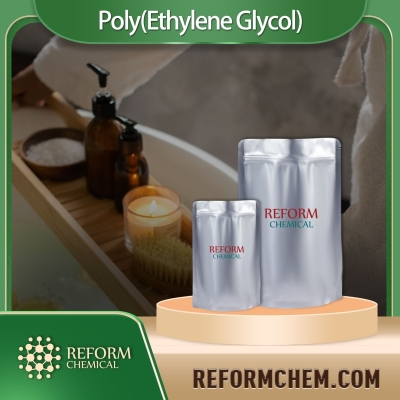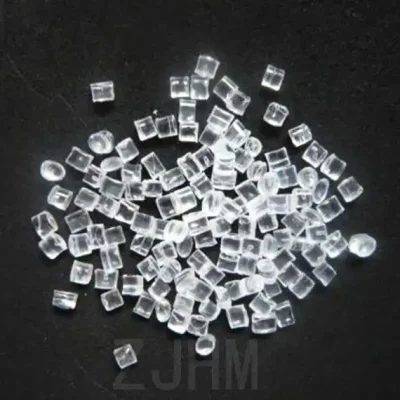-
Categories
-
Pharmaceutical Intermediates
-
Active Pharmaceutical Ingredients
-
Food Additives
- Industrial Coatings
- Agrochemicals
- Dyes and Pigments
- Surfactant
- Flavors and Fragrances
- Chemical Reagents
- Catalyst and Auxiliary
- Natural Products
- Inorganic Chemistry
-
Organic Chemistry
-
Biochemical Engineering
- Analytical Chemistry
-
Cosmetic Ingredient
- Water Treatment Chemical
-
Pharmaceutical Intermediates
Promotion
ECHEMI Mall
Wholesale
Weekly Price
Exhibition
News
-
Trade Service
On September 24, Japan's RIKEN announced that it had developed organic thin-film solar cells with greatly improved heat resistance, and the related paper has been published in
the academic journal Nature.
It is reported that the organic thin-film solar cell is less durable than silicon solar cells, which is one of
the reasons why it has not been put into practical use.
Although factors such as ultraviolet rays, water, and oxygen that reduce durability can be solved by encapsulation materials, there is no good way
to deal with heat resistance.
The technology developed this time has greatly improved heat resistance, and is likely to be an important step towards
accelerating the practical use of OPVs.
On September 24, Japan's RIKEN announced that it had developed organic thin-film solar cells with greatly improved heat resistance, and the related paper has been published in
the academic journal Nature.
It is reported that the organic thin-film solar cell is less durable than silicon solar cells, which is one of
the reasons why it has not been put into practical use.
Although factors such as ultraviolet rays, water, and oxygen that reduce durability can be solved by encapsulation materials, there is no good way
to deal with heat resistance.
The technology developed this time has greatly improved heat resistance, and is likely to be an important step towards
accelerating the practical use of OPVs.







